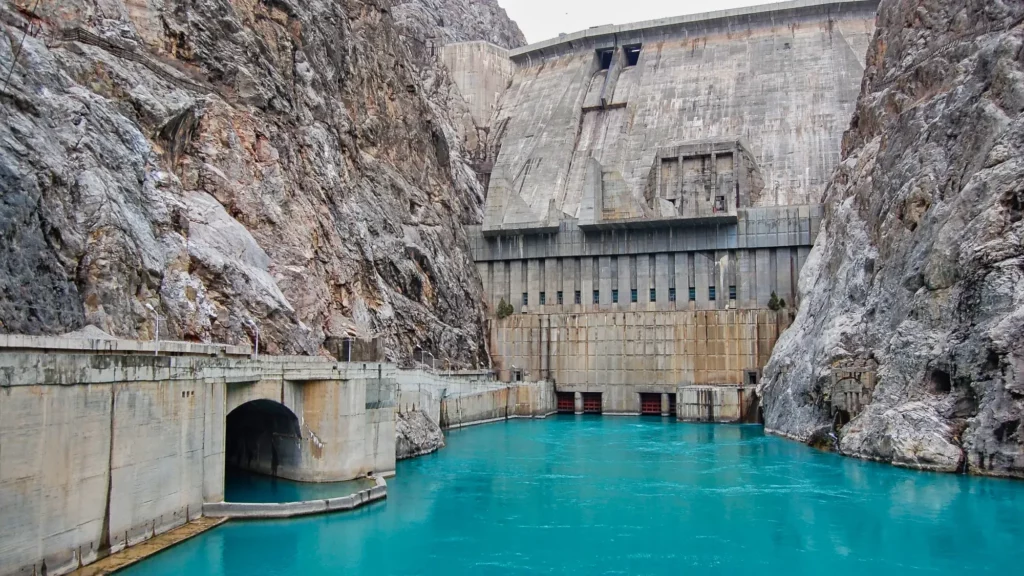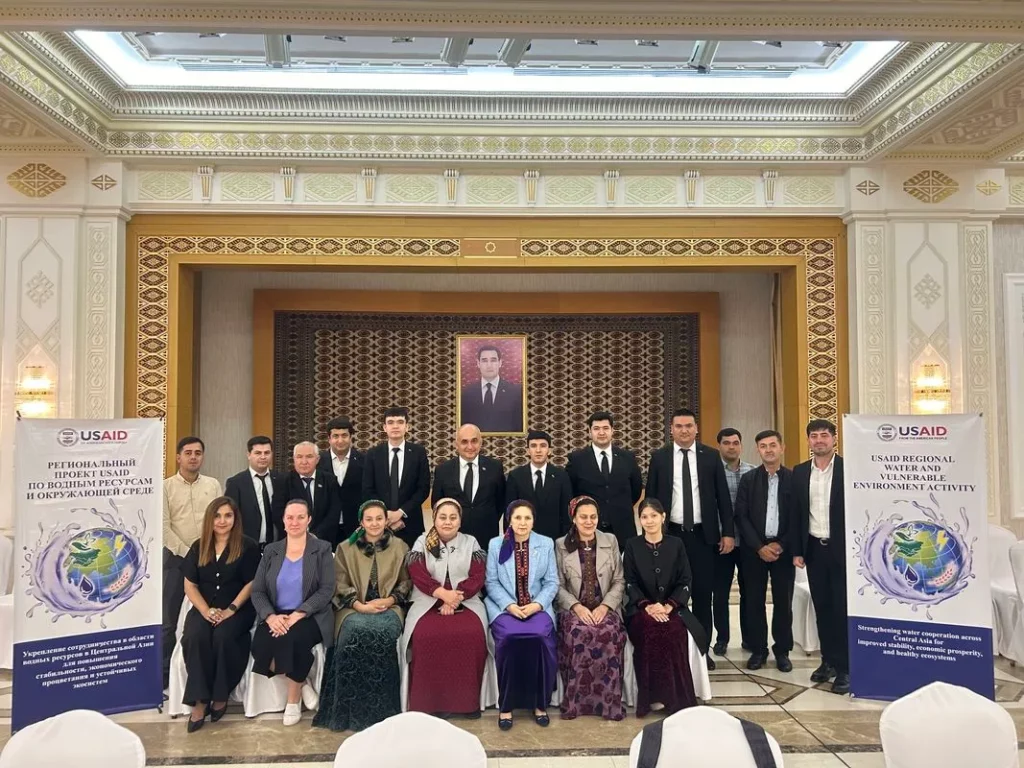Preliminary results of the Ramsar 2024 expedition were discussed in the Khazar Nature Reserve
A round table to discuss the preliminary results of the international ornithological expedition “Ramsar 2024” was held at the office of the Khazar State Nature Reserve. This was reported in the Neutral Turkmenistan newspaper.
The Turkmen expedition “Ramsar-2024” was timed to coincide with the International Day for the Protection of Wetlands, which is celebrated on February 2.
The expedition was carried out from December 20 to 27 within the framework of the Ramsar Convention on the coast of the Turkmen sector of the Caspian Sea. During the expedition, a large-scale ornithogeographical survey was carried out to clarify the changing coastline due to the drop in sea level.
In addition to scientific staff from the Khazar Reserve, the expedition included scientists and experts from the Ministry of Environmental Protection of Turkmenistan, the National Institute of Deserts and Flora, and the Turkmen Agricultural University. S.A. Niyazov, the Caspian Environmental Control Service, the Technology Center of the Academy of Sciences, editors, journalists and TV presenters of the relevant print and electronic media, the source notes.
Over seven days of work, the expedition led by Doctor of Biological Sciences, Professor Eldar Rustamov covered 1,545 kilometers off-road in difficult weather conditions to survey the coastal zone.
Two groups of the expedition examined a section of the coast up to Kiyanly, north of the city of Turkmenbashi and in the east of it to the Yangadzha tract. Then, as a joint expedition, the expedition carried out an ornithological-ecological survey of the coastal waters of the Caspian Sea from Kazakhstan to the border with Iran.
As scientists have discovered, the birds’ favorite wintering places—bays and estuaries in the Mikhailovsky, North Cheleken and South Cheleken Bays—have decreased in size and, in some places, dried out. At the same time, the process of recreating former places favorable for wintering in the bays of Karshi, Aim and other tracts is underway.
Members of the expedition witnessed the appearance of new islands. There are especially many of them in the area of the South Cheleken Spit and Ogurdzhali Island. While these islands are nameless, the participants in the ecological-geographical raid are optimistic about their future, because the wetlands of the Turkmenbashi Bay remain, like the entire Turkmen coast of the Caspian Sea, attractive places for wintering, nesting and migratory birds.
During the census, more than 200 thousand birds of dozens of wetland species were recorded.
Flamingos set a kind of record this year – about 30 thousand of them were counted. In past years, they migrated to Iran, but this year, apparently, almost their entire wintering population has gathered off the coast of Turkmenistan, with the exception of some in Azerbaijan.
The following speakers spoke at the meeting in a discussion format: environmental engineer Alexander Shcherbina, head of the scientific department of the reserve Sahetmyrat Mammedov, head of the department of animal husbandry of the Turkmen Agricultural University. S.A. Niyazova, television worker Saparmyrat Annamuhammedov, editor-in-chief of the Ecology magazine Myratberdi Akyev, independent auditor of the National Technopark of Turkmenistan Berdynazar Khojanazarov, photojournalist Igor Lomov and others.
The expedition participants expressed gratitude to the organizers of the expedition, gave a positive assessment of the work carried out, shared their field impressions and made proposals for further improvement of scientific inspection activities and increasing the level of technological equipment of the reserve.
https://turkmenportal.com/blog/73437/v-hazarskom-zapovednike-obsudili-predvaritelnye-rezultaty-ekspedicii-ramsar-2024



